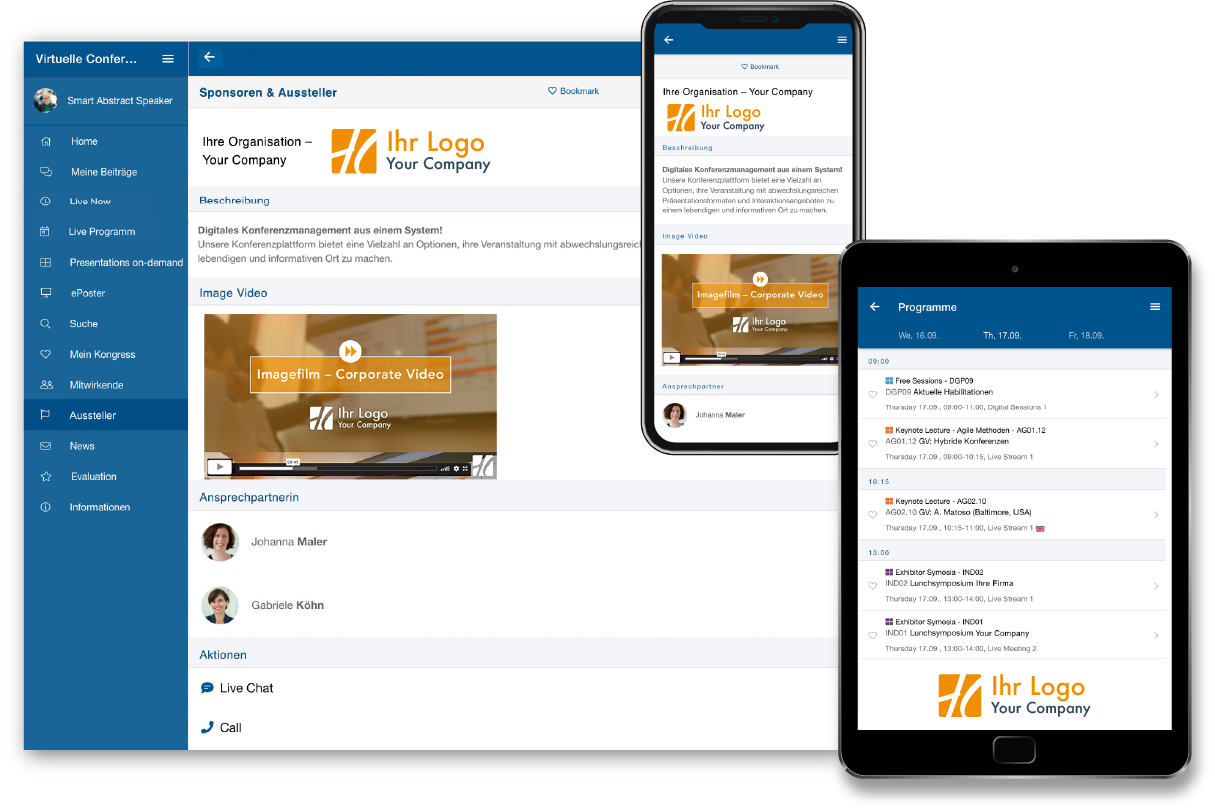

Dehais, Hannah Taylor, Sioban Gilligan, Mien Wong, Laura E. Johnson, Heather Severson, Michael Green, Melissa L.
Digitale unterschrift mediathek license#
The text was developed under the a Creative Commons license (CC BY-NC-SA 4.0) as an open educational resource that can be adapted for future sections of the International Librarianship course or for similar courses offered in library and information programs at other institutions. Graduate students in the University at Buffalo’s Department of Information Science authored these chapters for the LIS 503: International Librarianship course during the summer term of 2019.
Digitale unterschrift mediathek professional#
Each chapter in this volume includes a profile of a featured country’s variety of libraries, its library histories, its systems of library education, and its library practices, laws, and professional associations. Preface by Christopher Hollister, Instructor and Editor: International Libraries: An Open Textbook is a reference sourcebook about the libraries and the field of librarianship in non-North American countries around the world. The prerequisite to all this is simply a political commitment. Many of the winners of the UNESCO Learning City Award have made use of libraries to carry education into even the most disadvantaged quarters of their cities. In order to endow it with greater weight, mayors, educational institutions and other communal forces are called upon to join together in networks, in order to achieve the SDGs together. UNESCO agrees that these ambitious goals of sustainability cannot be implemented without cooperative partnerships. Each of them has their own problems but share the conviction that they can empower their citizens through cooperative lifelong learning to find solutions for these problems. About 100 cities around the world are currently part of UNESCO‘s »Global Net- work of Learning Cities«. This breadth of scope, in comparison with other developmental organizations, is truly unique. While the core tasks can address education and socio-cultural programs, as a physical place, as an agency or as a partner it can help tackle ecological and economic deficits, and thereby meet all of the 17 SDGs.

They do more than simply enable access to information. Many examples have shown how libraries can contribute to relieving social inequality and obtaining greater sustainability. The IFLA World Congress introduced the SDGs to the library world in August 2017. As centers of learning and aggregators of cooperative endeavours, libraries are assigned a very special role, as can already be seen in many »learning cities.« The UNESCO scheme provides a practical approach for libraries who wish to adopt the UN sustainable development goals (SDGs). It deals with ways to achieve a UN agenda through local educational networks and lifelong learning by 2030. UNESCO Calls for Cooperation in Education Networks: In December 2017 the UNESCO Institute for Lifelong Learning published an internationally accessible »Guide to Action« for cities and municipalities.


 0 kommentar(er)
0 kommentar(er)
